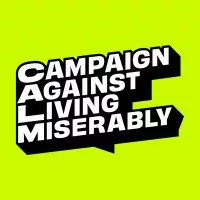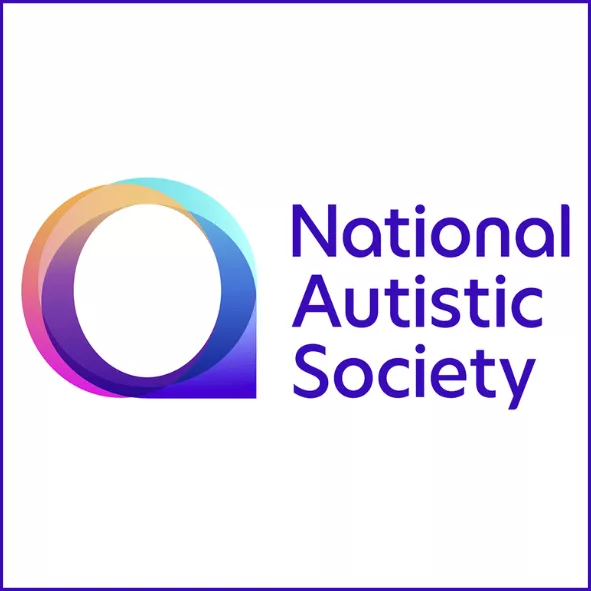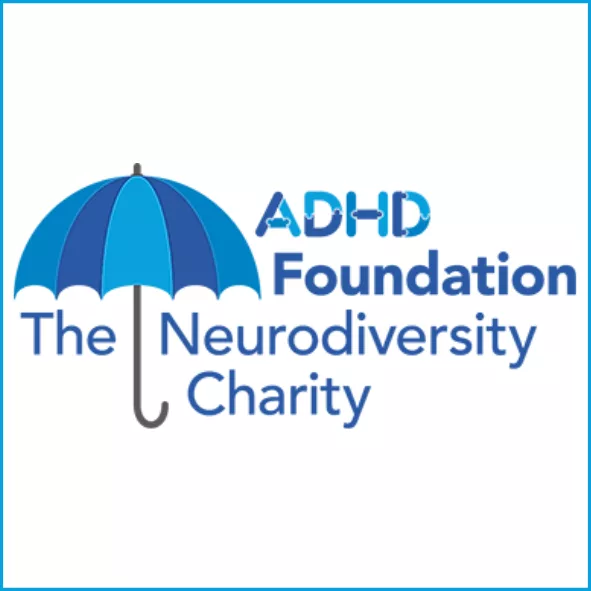The Family Justice Council has recently published essential guidance on neurodiversity for legal practitioners within the Family Justice System. This guidance aims to deal with barriers faced by neurodiverse individuals in family proceedings, improve access to justice, and assist in aiding a fair trial. With an estimated 15% of the population being neurodivergent, a figure which the Family Justice Council predicts to be even greater amongst Family Justice System users, this guidance was much needed. You can find a copy of the guidance here.
What is neurodivergence?
The Family Justice Council define neurodivergence as a term used to describe the natural differences in the way people’s brains function, particularly when processing information, organising behaviour, and performing certain sensory tasks. People whose brains work in a more typical way, are rereferred to as neurotypical.
Examples of common neurodivergent conditions are Autism, Attention Deficit Hyperactivity Disorder (ADHD), Attentions Deficit Disorder (ADD), Dyslexia, Dyscalculia, Tourette’s, Developmental Coordination Disorder (DCD) and Dysgraphia. It is not uncommon for a neurodivergent individual to present with more than one of these conditions.
Why is the Family Justice Council’s guidance on neurodiversity so important?
The Family Justice Council highlight the importance of recognising that neurodivergent people face an extra layer of difficulty during Family Proceedings. During a time that is already incredibly stressful for neurotypical people, neurodiverse people experience elevated stress and anxiety.
Neurodivergent people are likely to experience greater difficulty when undergoing cross-examination, when giving evidence and may struggle to process what is being asked of them. They are also more likely to struggle to stay engaged throughout proceedings, and as a result of stigma and stereotypes, the evidence they give may be more likely to be misinterpreted. This demonstrates the cruciality of the guidance produced by the Family Justice Council.
What is the Family Justice Council’s guidance on neurodiversity?
Below is a summary of the guidance provided by the Family Justice Council:
Step 1: Looking out for neurodivergence
At the earliest stage, practitioners should consider whether someone may be neurodivergent. If someone has an existing diagnosis, with the individual’s consent, the practitioners should gather further relevant information from experts.
If there is no diagnosis, the Family Justice Council provides a series of key questions to ask that relate to learning, attention, anxiety, communication and sensory issues, to help understand a person’s needs.
Step 2: Is further information needed?
Step 2 involves further information gathering from health experts, education and social services, with the person’s consent.
At this stage it is also beneficial to consider if an assessment for neurodivergence is needed.
Step 3: What barriers is this person facing?
Step 3 requires legal practitioners to consider what barriers this person may face in relation to the Family Justice System. They should consider barriers away from the court, at court generally, and when giving evidence.
Practitioners should review these barriers with the person to see if they agree. It may also be necessary to get an external assessment, as not all neurodiverse individuals have insight into their needs.
Step 4: What adjustments are needed to overcome these barriers?
Practitioners should recognise that there are a wide range of adjustments, and a one size fits all approach is not appropriate. Practitioners should draw up a list of potential adjustments.
The Family Justice Council list some common adjustments as:
- Adjustments to communication
- Adjustments to environment
- Adjustments to the structure and timing of different aspects of the process, for instance the court day or client conferences
Once a list of adjustments has been drawn up for the above, they should be considered within the below four scenarios:
- Adjustments required away from court
- Adjustments required at court generally
- Adjustments required during court hearings
- Adjustments required when giving evidence
The Family Justice Council also provide a list of example adjustments for practitioners to refer to.
Once the person is happy with the list, this should be shared with the court and other parties.
Step 5: Applying for reasonable adjustments
At step 5 practitioners should apply for these reasonable adjustments. There is currently no standard format for such a request, but the HMCTS provide guidance on what a reasonable adjustment is.
Step 6: Timing
Finally, practitioners should consider whether adjustments are needed at the earliest stage of proceedings. Adjustments must be kept under review. Adjustments should also be explicitly reviewed at a ground rules hearing before the person gives any evidence.

The Role of Intermediaries in Family Proceedings
An intermediary can refer to a third party who is involved in assisting parties to a family law dispute in reaching an agreement. The role of an intermediary can vary depending on the specific circumstances of the case, but generally, they serve as a neutral and impartial facilitator who helps parties communicate and negotiate effectively.
In this article, Ann Thompson explains how the use of an intermediary can be of assistance when dealing with family law matters.
What is the SPELL mnemonic and how can the SPELL mnemonic be used for better communication?
The Family Justice Council suggest it may be useful for practitioners to refer to a framework referred to as SPELL, for thinking about and understanding how to interact with neurodivergent individuals.
The SPELL Framework – Supporting Neurodivergent Individuals
- S – Structure – Structure helps reduce uncertainty and anxiety by providing predictability. This can be achieved through clear, step-by-step explanations, using visual aids such as diagrams or written summaries, and establishing routines or timetables where possible. Structured communication also involves setting clear expectations, using plain language, and avoiding ambiguity.
- P – Positive attitudes, approach and expectations – A positive approach involves focusing on an individual’s strengths rather than their difficulties. This means using respectful, person-centred language and recognising that neurodivergent individuals can thrive when supported appropriately. High but realistic expectations can foster confidence and self-belief, encouraging active engagement in the legal process.
- E – Empathy – Empathy means making an effort to understand how the world feels from the neurodivergent person’s point of view. This includes being aware of their triggers, stressors, and communication preferences. Demonstrating empathy helps build trust and can reduce anxiety, making interactions more effective and respectful.
- L – Low arousal – This principle relates to creating a calm, non-threatening environment. Practitioners should be mindful of sensory sensitivities (e.g. noise, lighting, crowds) and avoid confrontational or overly stimulating situations. Using a calm tone of voice, allowing processing time, and avoiding sudden changes can help the individual remain regulated and focused.
- L – Links – Consistency and continuity are key. This means maintaining the same professionals where possible, using familiar routines or language, and making clear connections between past and current events. Building strong, supportive relationships over time can help reduce confusion and build confidence.
Neurodiversity Frequently Asked Questions
Neurodivergence refers to natural variations in how a person’s brain functions, particularly in processing information and sensory input. In the Family Justice System, neurodivergent individuals may face additional challenges such as communication difficulties, heightened anxiety, and misunderstandings, all of which can impact their ability to fully participate in legal proceedings.
The guidance is crucial because it offers a structured approach for identifying and supporting neurodivergent individuals in family proceedings. By doing so, it helps ensure fairer outcomes and reduces the risk of miscommunication or procedural injustice.
Adjustments may include changes to communication methods, courtroom environment, timing of hearings, and support when giving evidence. These adjustments are tailored to the individual and are intended to reduce stress, enhance understanding, and ensure meaningful participation.
The Family Justice Council recommends using a series of key questions focused on learning, communication, attention, and sensory issues. Practitioners can gather this information with the individual’s consent and consider expert assessments if needed.
SPELL stands for Structure, Positive approach, Empathy, Low arousal, and Links. It provides a helpful mindset for interacting with neurodivergent individuals, promoting understanding, reducing anxiety, and ensuring clear and respectful communication throughout the legal process.
In Summary: The Family Justice Council’s Guidance on supporting neurodivergent individuals in the Family Justice System
The guidance produced by the Family Justice Council is an important step towards improving fairness and accessibility for neurodivergent individuals in the Family Justice System. It provides a clear framework for practitioners to follow, and the focus on individual needs ensures that neurodiverse individuals receive the support required to improve access to justice and a fair trial.
This guidance also highlights the importance of improving interactions and understanding towards neurodivergent individuals through the SPELL mnemonic. Overall, the Family Justice Council’s guidance aims to improve neurodivergent individuals’ experience of the Family Justice System, as practitioners can help to remove the barriers they face, to improve fairness and access to justice.
You can find out more about neurodiversity, what it is and what help is available by visiting any of the websites listed below:

The Campaign Against Living Miserably (CALM) is leading a movement against suicide, the single biggest killer of men aged under 45 in the UK. In this useful guide, CALM offer an explanation of what neurodiversity is and how it can affect an individual.

The National Autistic Society are here to transform lives and change attitudes to help create a society that works for autistic people. Over 3,000 people work for the National Autistic Society in schools and services as well as training, fundraising, policy and campaigns teams.

The ADHD Foundation is the UK’s leading neurodiversity charity, offering a strength-based, lifespan service for the 1 in 5 of us who live with ADHD, Autism, Dyslexia, DCD, Dyscalculia, OCD, Tourette’s Syndrome and more.
This article was written by Tom Brownrigg and Lucy Parker
Contact us today
If you have any questions or wish to get legal advice on any of the topics raised above please feel free to contact us.
Call us on 020 7608 1227






